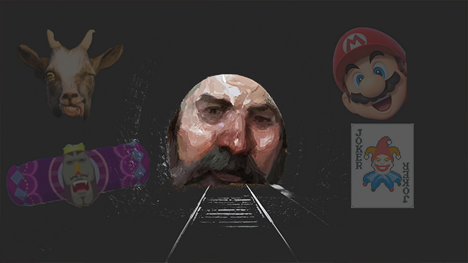Watch this: Fostering Diversity in Games
Practical advice on creating and cultivating diversity at game studios, by folks from Bungie, Wizards of the Coast, 343 Studios and more.
In this seminal 2018 GDC talk on Fostering Diversity in Games, panelists from studios like Bungie, Wizards of the Coast, 343 Studios and more gave practical advice on creating more diverse and inclusive workplaces and fostering diversity and inclusion efforts in the industry at large.
Elaine Chase of Wizards of the Coast gave the first mini-talk, sharing advice on reaching out to more diverse candidates and making sure the company's values were well represented in those efforts.
She noted that Wizards of the Coast had started investing more in video games (despite their reputation as "Titans of Tabletop" gaming), and noticed some leaks in the talent pipeline as they started hiring up for new roles. The company did a sort of culture inventory and a "hard look" and both the values of WOTC and the way it was communicating them. Several practical lessons and tips came out of this.
Practical talent outreach
"We revamped our career website to showcase our mission and our values to feature the diversity of our employee, base [and] highlight our amazing, family friendly benefits and charitable activities."
This was "to just try to be overall more inspirational for people trying to join the company." She said. "We're doing more targeted recruiting and employment branding at local venues like The Grace Hopper event and Geek Girl Con in Seattle," and noted in-office events as well.
She also mentioned the importance of being "louder and prouder" about seeking more diverse candidates, and being very proactive in job descriptions, noting they are "he first conversation that you're having with the person that you're eventually going to hire." So proactive teams should be "showing off to them what the team they're going to join is like, what the culture is like, so they can really envision themselves in that environment. Emphasize how they can contribute to success—the success of the company, not just at the individual level.
"Try to keep any requirements list to a minimum. So, studies show that men will apply to a job description where they meet about 60 percent of the requirements on a requirement list. Women tend to think requirements are requirements and will only apply if they meet 100 of that list! So, instead of requirements, think more of things like skills that will help success or you know, things that are a plus or things like that word it differently than just requirements. Avoid loaded words! Gendered [language] is really obvious but also avoid words like rockstar and ninja and things that can evoke kind of a bro-centric mentality," she noted.
She finished up with what she called her most important point: once you have the job description ready, vet it. "Have your job description and show it off to the people in your company: to a diverse group of people, and have them comment on it and see what they say. You'll be really surprised to hear what they might say in terms of things that you seem innocuous to you but to somebody reading it from the outside—just kind of turns them off or makes them question if they'd be a good fit or not," she said.
She then posts a slide up onscreen, looking at a revamped job description for a design manager, which has passed the internal tests she put forth. Chase also hammered the crucial importance of going beyond the "usual" recruitment channels and "go to places where diverse pools of candidates will be," like Women in Gaming and Blacks in Technology, or diversity groups at local colleges.
Lessons in fostering diversity at Bungie
Later in the talk, test engineer and a co-founder of Bungie's Diversity Committee Dr. JC Lau spoke about specific efforts at the Destiny studio. Lau noted that earlier on, when Bungie was smaller, the culture was quite informal. "However, we are now a considerably larger company and we recognize the need to foster diversity intentionally, proactively, and I think, most importantly, with structure."
"So, in late 2016 our leadership recognized that our organizational growth required us to basically evaluate and write down and codify our company values." She said. A set of values were drafted that were intentionally meant to be lived, committed ideals to strive towards, not "checkboxes" or "achievements unlocked!"
The folks at the studio formed focus groups that talked about diversity under three sub-pillars: the studio, their game community, and the industry as a whole. Lau then broke down the specific efforts in each pillar, including recruiting and outreach activities, community events, and the importance of making games that embody the company's values, with characters that represent people from all walks to life.
"We really want to make games that embody our values, and so we tried to do this through a game you might know called Destiny," she said. "The characters in our universe are representatives of humanity and they cover different axes of representation, so we have [characters with various different aspects of] race and gender and ability and the LGBT spectrum for example, and we want these to reflect that the world is diverse and that our player base is diverse," she continued.
The talk is over five years old now, but still contains key lessons and insight from professionals doing pioneering work in the space.
You can watch the full talk in the embedded video above.
About the Author(s)
You May Also Like
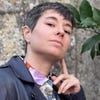
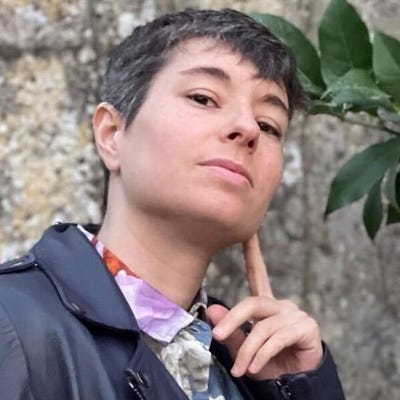
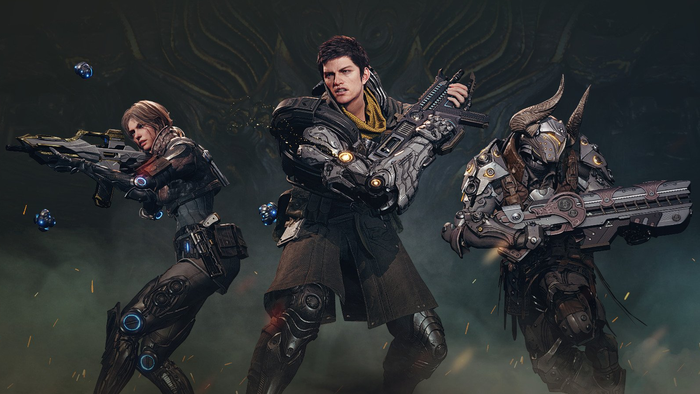
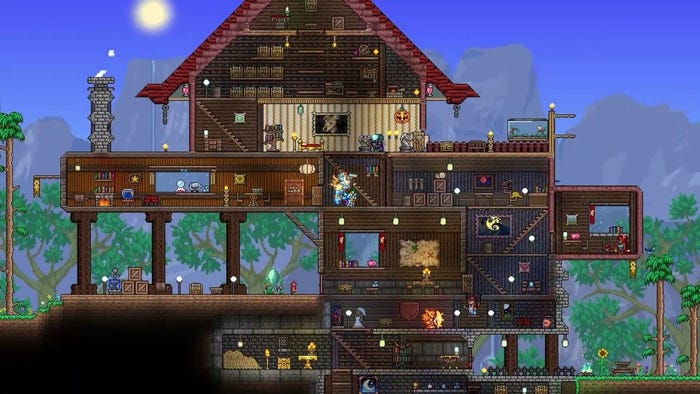
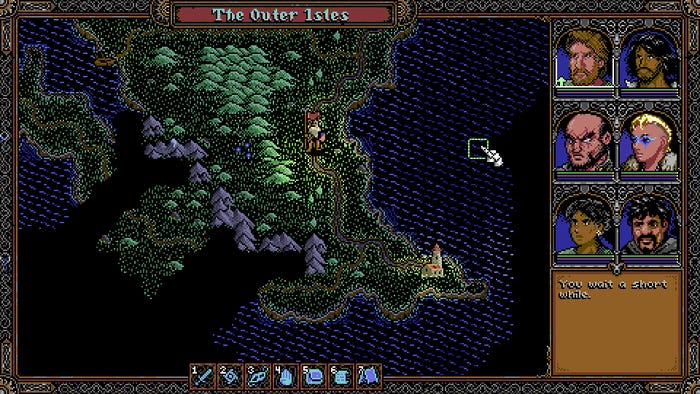
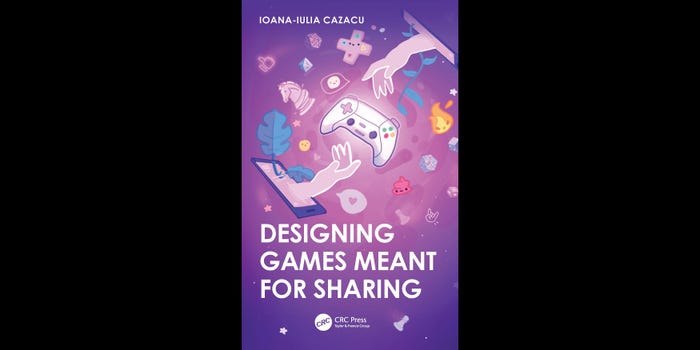

.jpeg?width=700&auto=webp&quality=80&disable=upscale)


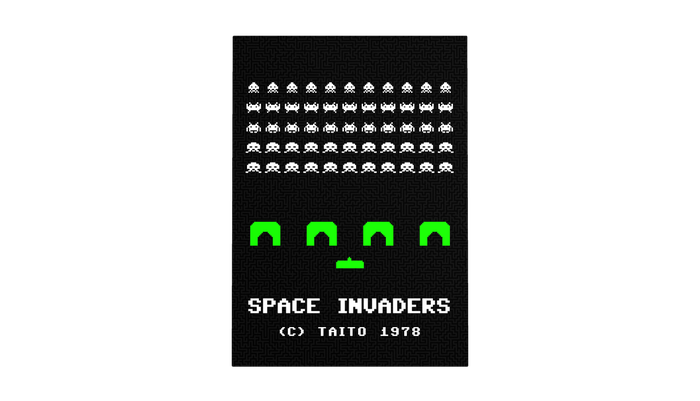
.jpg?width=700&auto=webp&quality=80&disable=upscale)
